A couple of years ago, Moschka Mohammadi was unable to read or write. Now, at 11, the young Afghan refugee is fluent in German, seamlessly translating between German and Dari with her parents at their dinner table as she arranges a visit to the orthodontist and the delivery of a new bed for her two siblings.
Back in Afghanistan, Mohammadi had attended just one day of school – in a room hidden from the Taliban – when fighting broke out in their village.
Her family first fled to Kabul before embarking on the long trek to Germany, with a hand-painted Quran her only physical reminder of home.
Mohammadi’s family is one of just under a million refugees that have taken refuge in Germany since 2015 under German Chancellor Angela Merkel’s open-door migration policy.
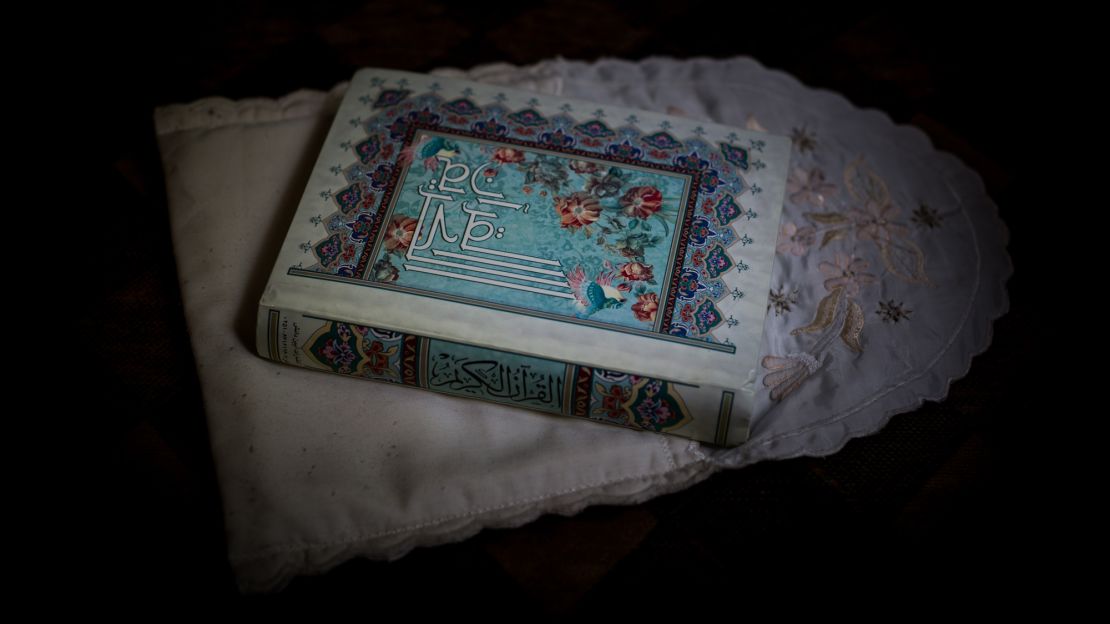
As unprecedented numbers of migrants began to pour into Europe, Merkel asked each German state to accept a quota of asylum seekers.
Since that call, many cities and towns have taken in more refugees than required, with varying degrees of success.
Two years on, CNN visited Altena and Bautzen – two German towns that took in more than the required quota of refugees to see how Merkel’s policy has fared.
‘A win-win situation’
Altena, an industrial west German town, was facing an economic downturn after its ironworks closed. Jobs were lost, businesses shut down, and families abandoned their homes. The population dropped by more than 10%.
The mayor was looking for a way to give the town a boost when Merkel made her appeal in 2015.
“First, we wanted to help. There was a human reason to take them,” Altena’s mayor Andreas Hollstein explained.
“But the second reason was a win-win situation. We thought, ‘Okay, we need new people in Altena. We need new neighbors. And this will help us invest in the future.’”
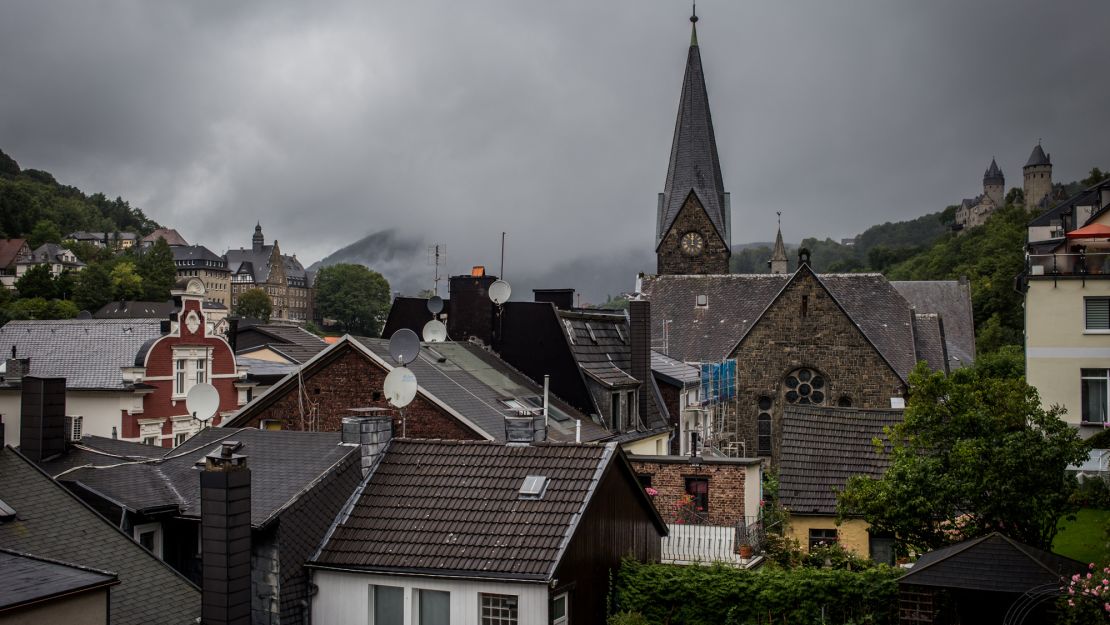
The town took in in 400 refugees, and set up a program to match them with volunteer mentors that would help navigate German culture and its notoriously bureaucratic paperwork.
Hollstein recalls the initial response of local residents.
“The far-right was hysterical. They called it a ‘crisis,’” he laughed. “On the far left, they threw their arms out and said: let everyone in and be happy.”
“But neither is helpful. It’s just hard work.”
That work was especially challenging at the beginning, when Hollstein had hoped to fast track refugees to jobs at the steel mills. While some were quick to adapt and learn German, others couldn’t read and had to start from scratch.
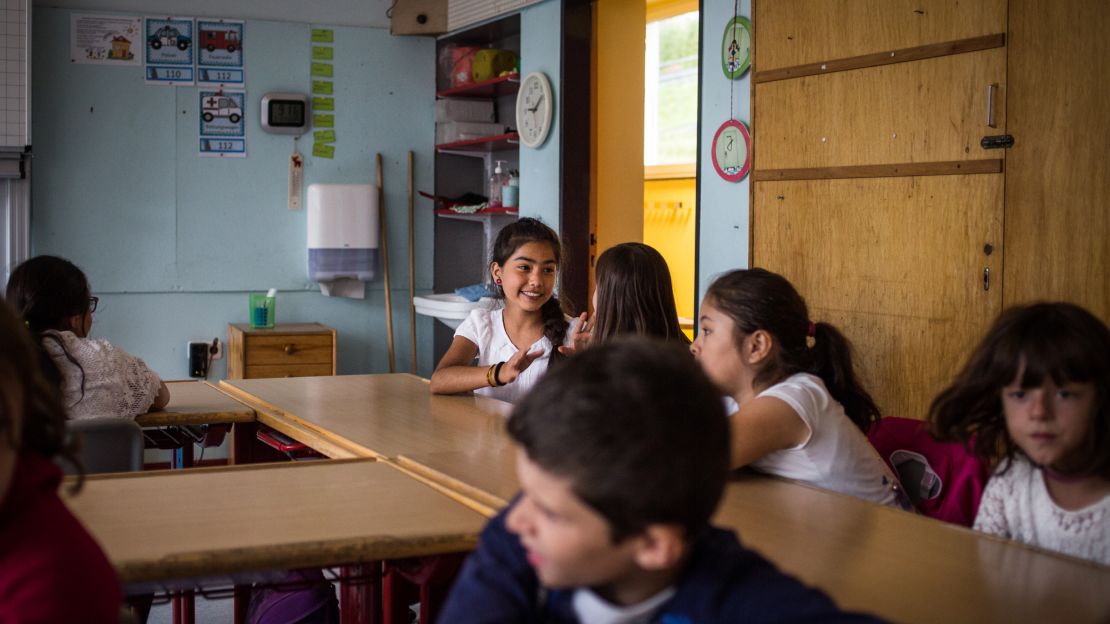
Some local residents resented the new arrivals.
While the town was deciding whether or not to accept an additional 100 people, a young man hurled a firebomb into a Syrian family’s home, sending them to the hospital for smoke inhalation and damaging the dwelling.
The man was arrested and sentenced to four years in jail.
Hollstein said the isolated incident only strengthened the town’s resolve to make integration work.
“It became easy to convince people to accept new refugees. We wanted to show we would welcome them,” he said.
Bernadette Koopmann is one of the welcoming. She mentors Moschka Mohammadi’s family along with another family from Afghanistan.
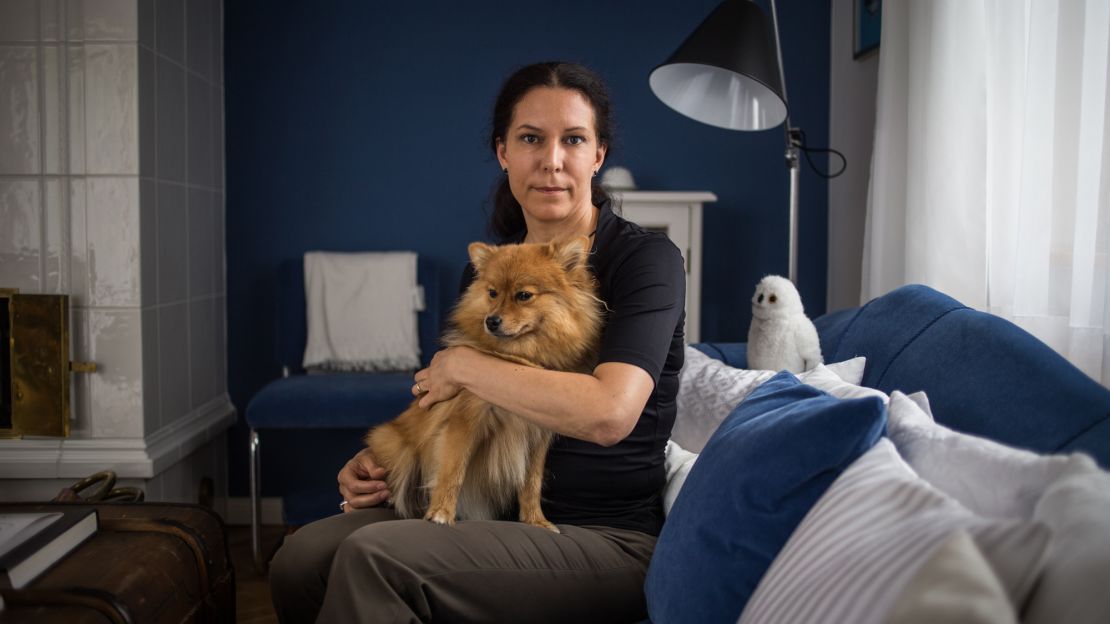
“I have such a perfect life. I have healthy children, we live in a country that has not experienced war in a long time. Others are not so lucky,” she said.
“They experience war, devastation, and poverty. I believe it’s not too much to ask for our help.”
Koopmann’s role as a mentor to the family has evolved into a bond of friendship.
She visits them at least once a week teaching German to the parents, was with them when their youngest daughter was born and more recently, cried with them upon learning that their refugee status was rejected.
She’s now assisting them with their appeal.
“… if that gets rejected … it would be too difficult to bear. But I’m hopeful. They have a good case,” she said.
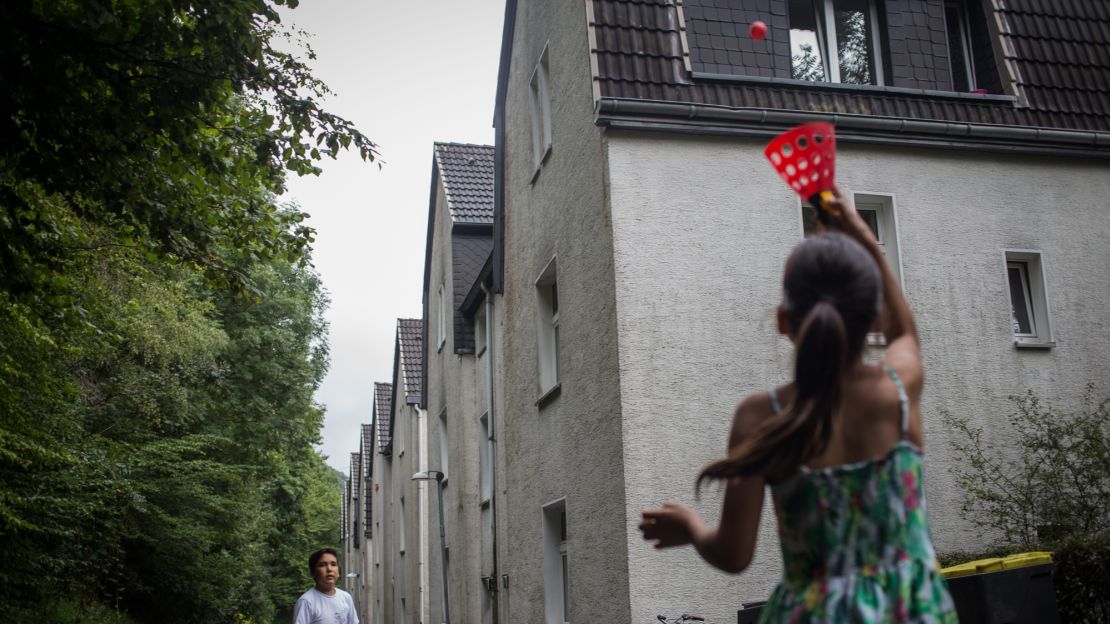
Daughter Moschka, fearful of what the future might bring, spoke with a wisdom beyond her eleven years.
“I know that some people are annoyed with us, with refugees,” she said.
“But I think if (they) could just see, if they could experience what it like to be a refugee at some point in their lives, then they would know how difficult it is.”
Across town, Mayor Hollstein stood at a construction site that embodies the town’s commitment to its newest residents.
Two refugees, a welder from Afghanistan and a literature student from Syria, spoke to one another in German as they worked to renovate a 18th century building into a new tourist and community center.
Ultimately, the mayor hopes that refugees fluent in German will also be able to staff it.
“I want this to become like an extended living room for refuges in Altena” explained project manager Lisa Gudra. “In Germany, we meet at home. But in other countries, they have a coffee culture where the community meets outside more. This is what I want to see where all residents can mingle.”
Merkel has hailed Altena as an integration success story.
And for the town’s new residents – like the Mohammadi family – its success is everything.
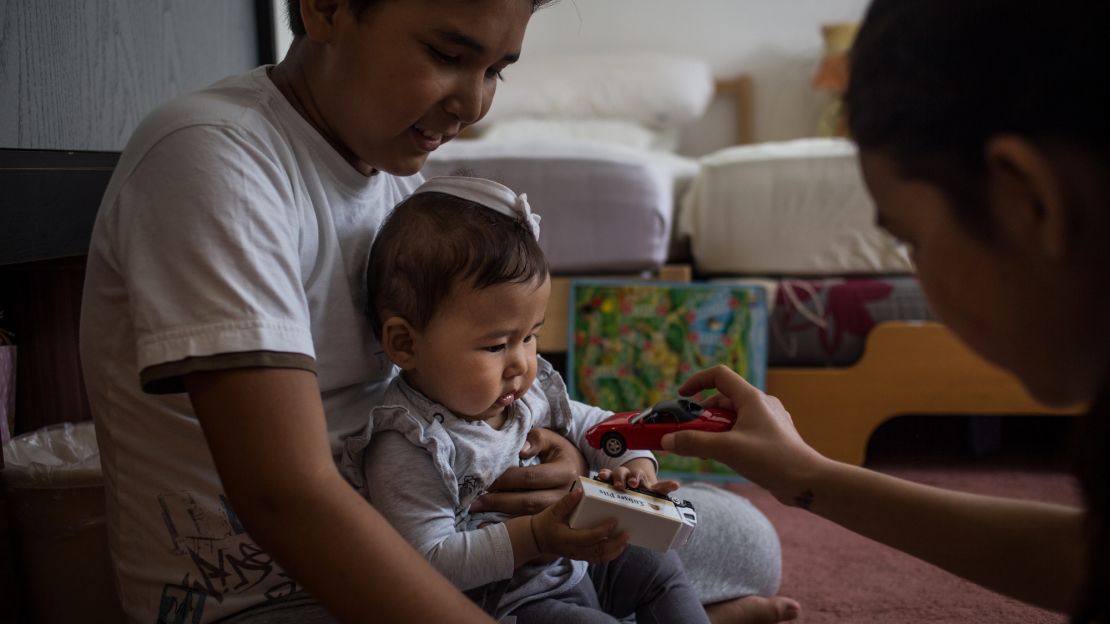
‘I thought I had left my problems behind’
Around 500 kilometers (310 miles) away in the prosperous east German town of Bautzen, Yahya, a 21-year old Syrian refugee is desperate to leave.
“I thought I had left my problems behind in Syria. I came here to live in peace. But there are some people who don’t want us to enjoy our freedom. So, I don’t go out at night because I know this is asking for trouble,” Yahya, who asked that his last name not be published, said.
Bautzen used to be a part of communist East Germany but after reunification, tourists flocked to its cobbled streets and pastel-colored buildings in the medieval center. Its population of 40,000 is growing, and when the city was asked to take in 900 refugees, it offered to take in 1700 – nearly double what was required.
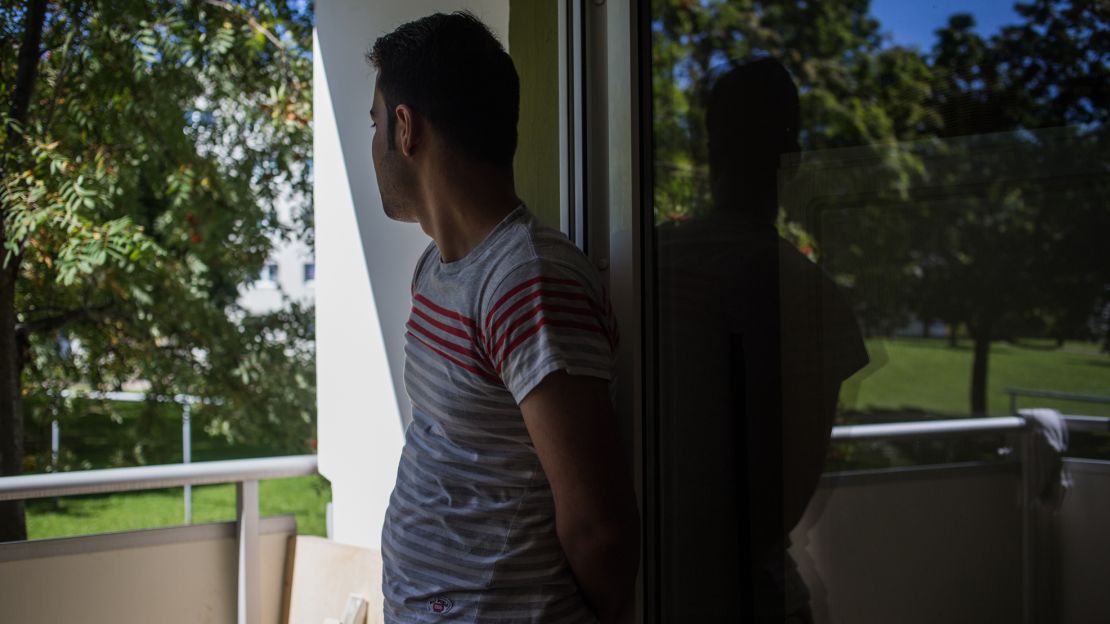
But protests and blockades greeted the first arrivals and a refugee shelter was burned down.
“The city was not resistant. It was afraid,” Mayor Alexander Ahrens explained.
“It’s a very human reaction to fear most things that you don’t know. People in the area had no experience living together with foreigners.”
Ahrens pointed to recent history to explain further.
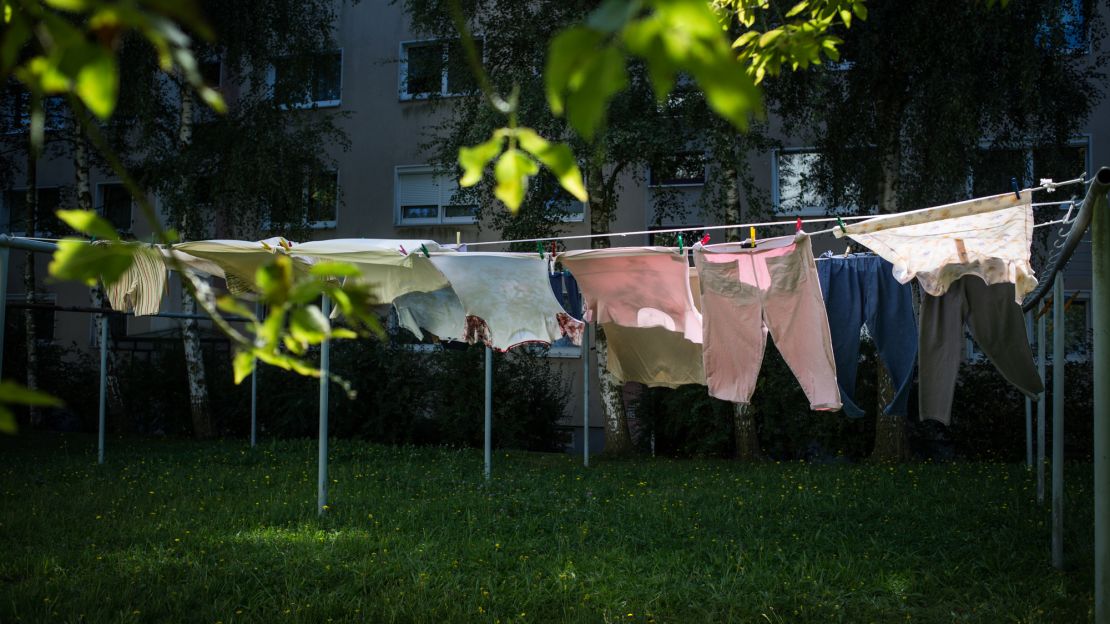
“Until 1989, you were not able to discuss the issue of racism and right-wing extremism in Germany. More over they had no reason to discuss this, because there were only Germans here. So, there was no chance for that racism to become obvious. That’s something that has changed with the refugee movement.”
“It took 20 - 25 years in west Germany to change attitudes – why should we think we can drive back everyday racism just like that overnight?” he added.
Last year, tensions peaked when a fight between local and refugee teenagers escalated into a full-blown melee in the city’s main square.
‘I no longer feel secure’ in Germany, Syrian refugee says
Bautzen became front-page news and, for some, a textbook case of the refugee policy failure, but Bautzen’s mayor insists the incident was an organized provocation from Neo-Nazi extremists hoping to stoke more violence.
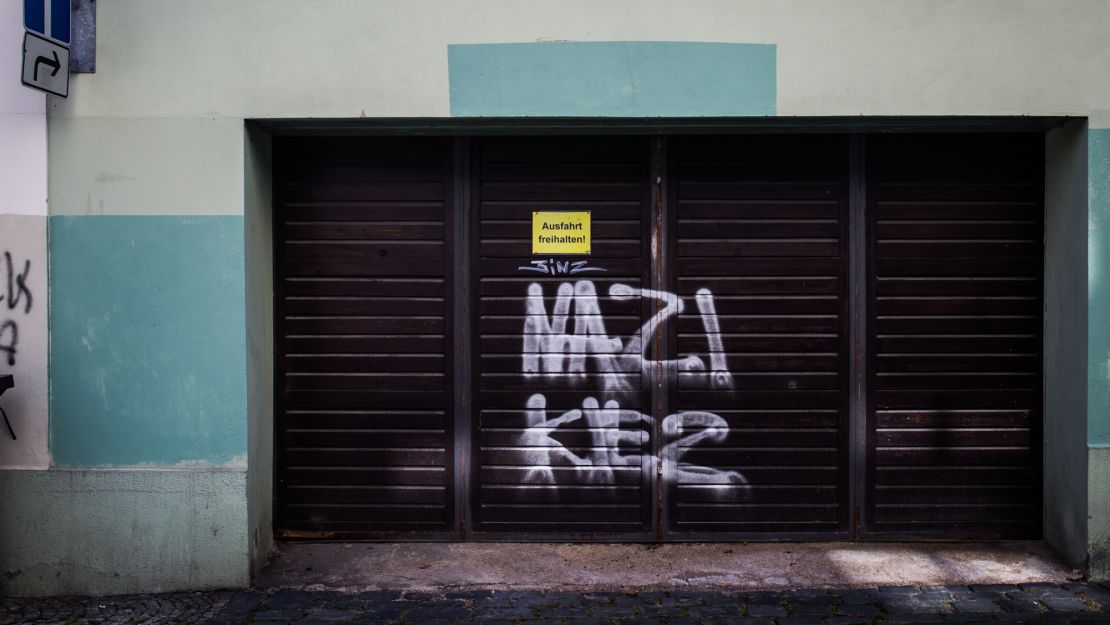
Since then, more police are on regular patrol, and a particularly volatile asylum-seeker was temporarily banned from the town. Tensions have simmered down this year but there are still occasional Neo-Nazi demonstrations on the streets.
That is the source of Yahya’s fear.
One night, a group of young men taunted him before setting a group of dogs on him, he said. He managed to escape, but was shaken.
Still, Yahya does not believe that Bautzen’s residents are bad people, only frightened of foreigners they can’t understand, adding that perhaps other parts of Germany would be more welcoming and that attitudes in the country could be changing.
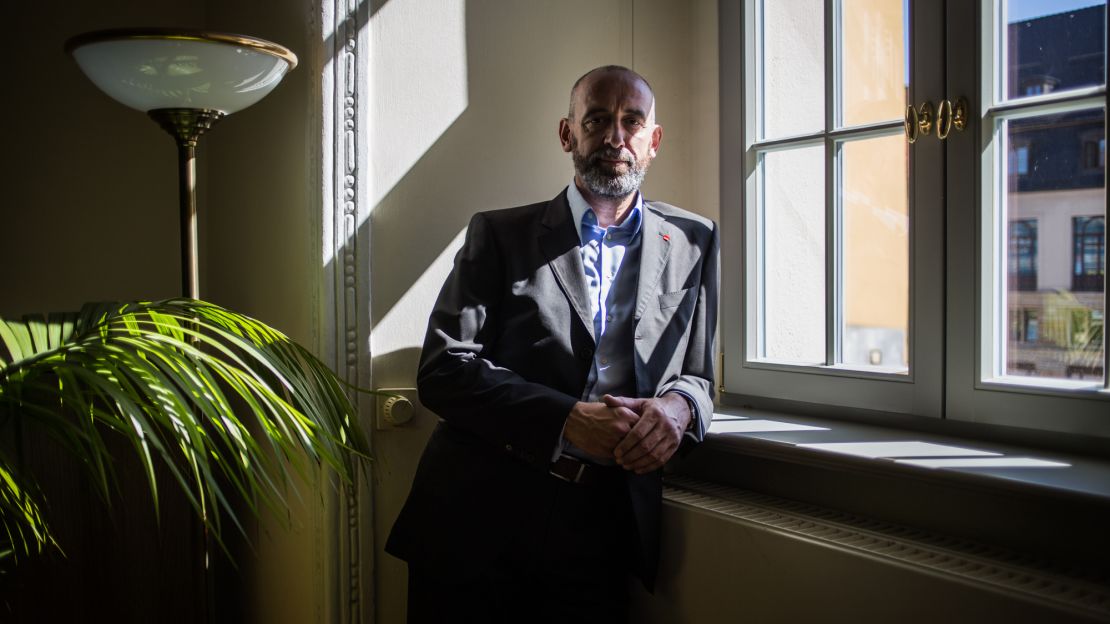
Yet, in many ways, Yahya is an example of a well-integrated refugee: His German is proficient and becoming rapidly fluent. He has two jobs and earns enough to rent an apartment.
He’s one of many “success stories” in the town that Mayor Ahrens was keen to highlight, including a Syrian doctor who will soon work in a position that the city has been looking to fill for three years.
The more time spent living side-by-side with refugees, the more society will accept the benefits, the Mayor says.
But some local residents have a less optimistic view of refugee integration. There is a fear that more refugees will mean more crime, particularly after the sexual assaults in Cologne on New Year’s Eve 2016, where police said scores of migrant men assaulted women during firework displays in the city’s main square.
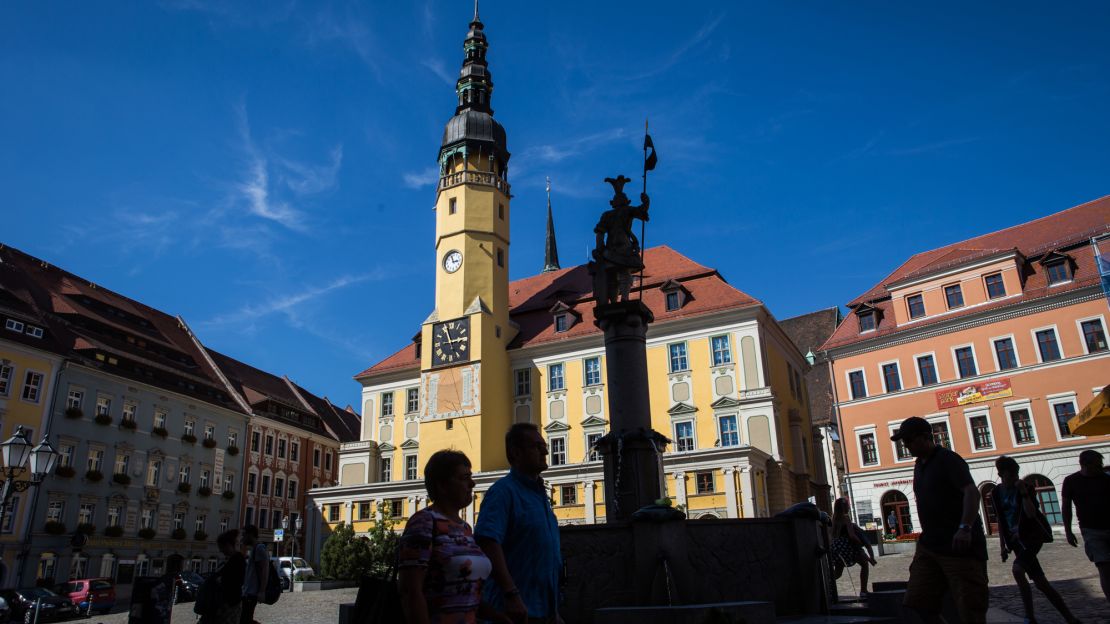
Loreen Henke, 19, said she now avoids some parts of town because of refugees.
“They hassle me and pester me when I’m walking by. It’s not a good thing for women and it makes me afraid. Before the refugees came, we could go wherever we wanted at night. But now we are scared. It’s something we have to talk about more openly.”
But there are also signs that Bautzen may be warming to its new arrivals. Frau Wolf, Yahya’s 92-year-old neighbor, has given him a German name, “Johanes,” often popping over to ask about his health and encouraging him to get out more.
“He’s a good boy! He’s always helping me,” she said.
Old enough to remember the aftermath of Germany’s own war, she added.
“People should be nicer. After all, we were refugees once too.”



